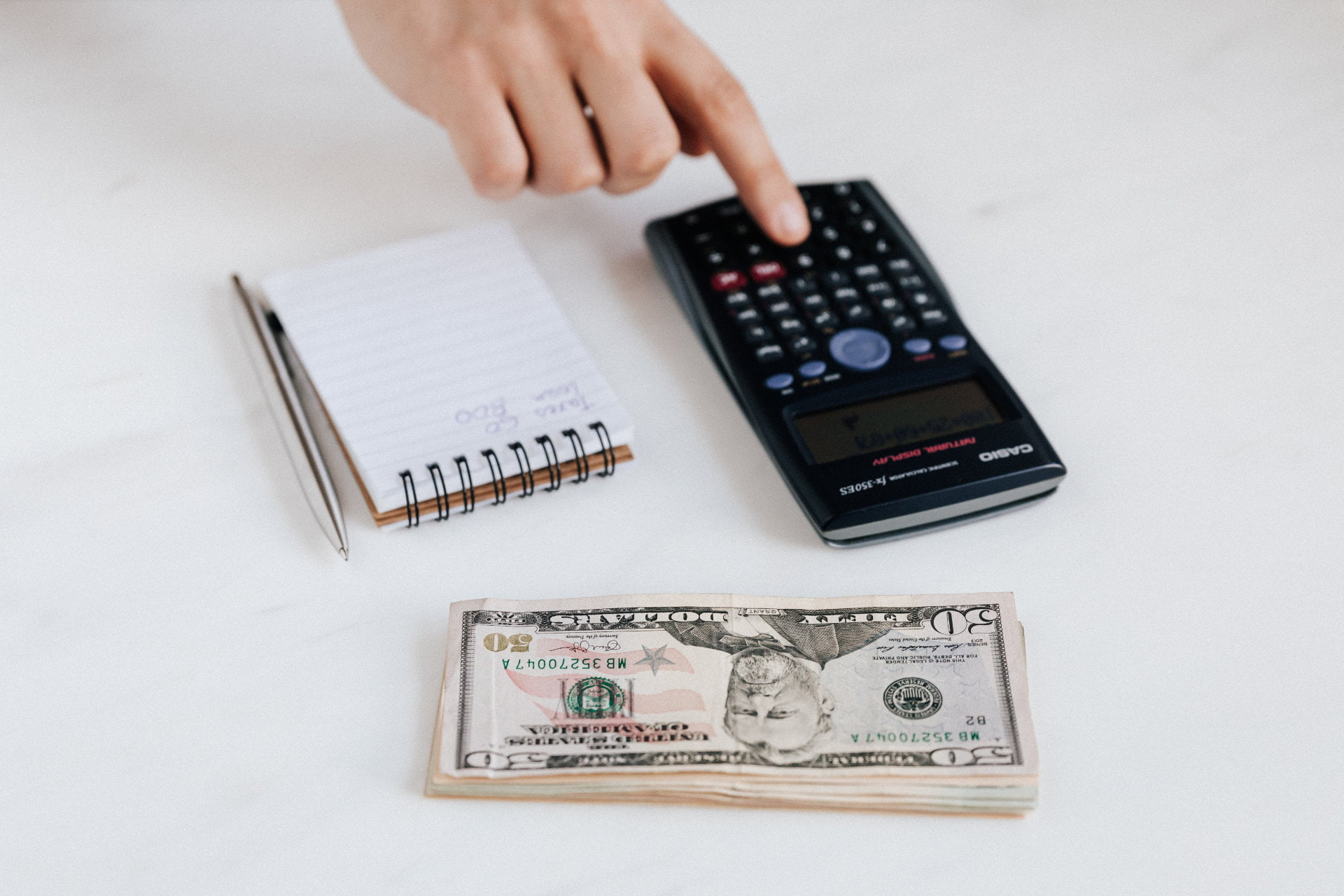As a single person, you have to do everything yourself. That means paying all your bills and balancing your chequebook, which can be difficult when managing debt.
You may be unable to rely on anyone else for help or advice in managing your finances. And if something goes wrong, like an unexpected medical bill or car repair. It can be difficult for one person alone to get back on track financially.
The fantastic news is that there are a few simple steps you can take to keep your finances on track.
In this post, we’ll cover some of the most essential tips and tricks for managing debt as a single person.
We’ll talk about how much money each month should go towards paying off debt (and why), what budgeting tools work best in different situations, and where else you might find extra money each month without cutting back on spending too much and more!
Assess Your Debt
If you’re single and living alone, there are probably a few things you’re good at. As an example, cooking is one of them. You know how to make a mean meal from almost nothing (or maybe even some ramen).
You might also be great at decorating or cleaning up after yourself when it comes time for bedtime.
However, there are probably some things where you might need help, like managing debt! It can feel overwhelming when bills start piling up, especially if they come from different sources with different due dates and payment requirements.
The first step in managing your debt is understanding what you’re against. This means looking at all your debts and organising them into categories to see how much money is owed in each category. It also means keeping track of the interest rates on each loan and how long until they are due.
This information will help you determine which loans may be worth refinancing or consolidating, as well as whether or not it would be beneficial for you to pay off one loan with another (for example: paying off a high-interest credit card with an auto loan).
This process must be kept up-to-date throughout life changes such as marriage or divorce because those changes could affect how much money goes toward different types of debt over time.
Creating a budget is one of the best ways to manage debt.
A realistic budget can help you stay on top of your finances and prevent overspending, which will help you pay off your obligations and debts faster.
Start by tracking all of your expenses for at least three months. Tracking will give you an idea of where your money goes each month so that when it comes time to make cuts or increase income, there won’t be any surprises!
Ensure all expenses are accounted for (including rent/mortgage payments). If any items are missing from this list, like groceries or gas, add them in now so that they don’t get missed later on down the road when making cuts becomes necessary either directly because their absence caused unexpected expenses to arise unexpectedly during those times too.

Create a real monthly income and expense sheet. This should include all sources of income (i.e., salary) and any recurring expenses. You may also want to add one-time payments like car repairs or home maintenance costs if these happen regularly throughout the year.
Review what’s left over after paying all necessary bills–this amount is available for discretionary spending each month.
If there isn’t enough money left over at the end of each month after paying all necessary bills and other expenses like groceries or utilities, consider making changes such as finding cheaper housing options or cutting back on unnecessary costs (e.g., cable TV subscriptions).
Explore Debt Repayment Strategies
If you’re trying to assess and figure out how to pay off your debt, a few different strategies can help.
The most popular is the snowball method, which involves paying off small debts first. This can be motivating because it feels like progress is being made, but it’s also important to consider whether this approach will be more beneficial than another option (like the avalanche method).
The avalanche method involves paying off high-interest loans first and then working down from there–it’s best for people who don’t have much extra money at their disposal each month but want their debts gone as quickly as possible.
Both methods have their pros and cons:
- The snowball approach may be easier to stick with because it gives you quick wins early on; however, if you’re carrying multiple loans with different interest rates (and thus different payoff dates), this strategy won’t necessarily save you money overall because some loans will take longer than others before being paid off completely–and there’s no guarantee that any given loan will be paid off first!
- The avalanche method also has its drawbacks: If one of your loans has no prepayment penalty or high penalty fees associated with early payoff (such as credit cards), then this could cost more than simply paying off your debt at once!
If neither of these options sounds right for your situation, consider trying something else entirely! There are many ways of tackling debt repayment; just make sure whatever strategy you choose works well with your budget and personality so that it doesn’t become too stressful or difficult over time.

Avoiding Future Debt
You can use a few strategies to avoid incurring new debt, including living within your means and avoiding unnecessary expenses.
If you’re already in debt, building an emergency fund is essential so that you won’t have to rely on credit cards for financial assistance if something unexpected comes up, such as car trouble or medical bills.
Negotiate with Creditors
Negotiating with creditors is a great way to lower your monthly payments and get out of debt faster. It’s an excellent way to save money on interest payments and avoid defaulting on loans altogether.
Negotiating with creditors is also one of the best ways to improve your credit score, especially if you have been late on payments or have maxed out your credit cards.
Be honest about what happened (if necessary). Creditors want their money back as much as anyone else does; they don’t want any more bad publicity than necessary, either!
If there was an emergency that caused you not to be able to make a payment on time (and this doesn’t happen too often), then let them know what happened so that they can sympathise with you instead of getting angry over something that wasn’t anyone’s fault in particular.
Conclusion
Managing debt as a single person can be daunting, but it is not impossible. Proper planning and budgeting allow you to stay on top of your finances and pay off debt efficiently.
It’s essential to assess your debt, create a budget, explore debt repayment strategies, and avoid future debt by living within your means, avoiding unnecessary expenses, and building an emergency fund. Remember to negotiate with creditors, know your rights, and seek professional help.
By implementing these tips and tricks, you can be on your way to financial stability and freedom as a single person.





0 Comments